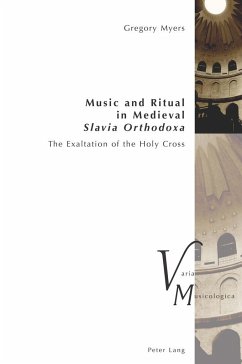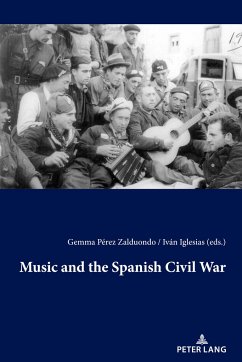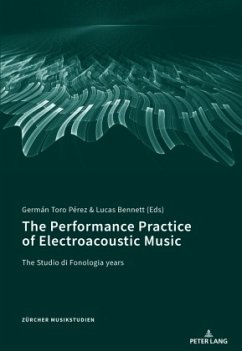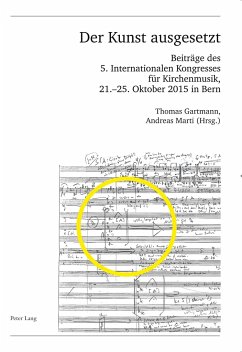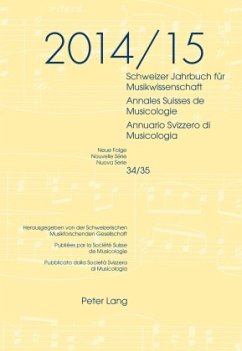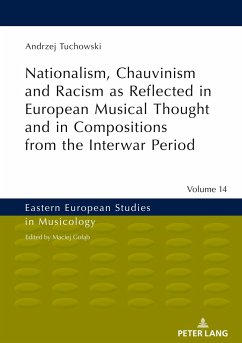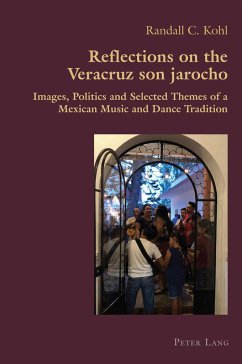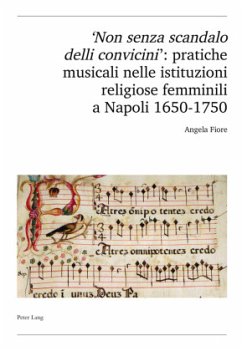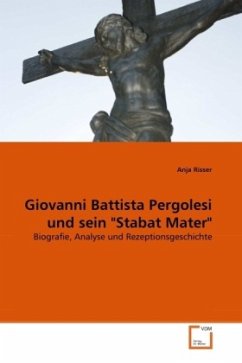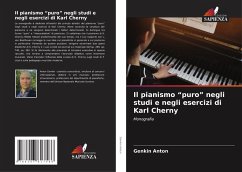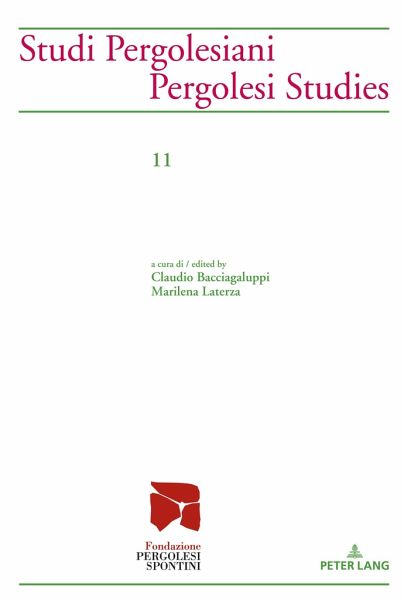
Studi Pergolesiani- Pergolesi Studies
Versandkostenfrei!
Versandfertig in 6-10 Tagen
94,00 €
inkl. MwSt.

PAYBACK Punkte
0 °P sammeln!
For decades now, scholars of music theory have firmly established the supranational importance of the pedagogical tradition that flourished in the Neapolitan conservatories from the 17th to the 19th century. Beyond its potential in today's teaching practice, many questions remain open about the didactic tools peculiar to this tradition. As is well known, Neapolitan maestri did not produce theoretical treatises, but drafted short exercises such as partimenti and solfeggi to be realized extempore, which were at the core of their composition teaching. But what about the mechanisms of creation and...
For decades now, scholars of music theory have firmly established the supranational importance of the pedagogical tradition that flourished in the Neapolitan conservatories from the 17th to the 19th century. Beyond its potential in today's teaching practice, many questions remain open about the didactic tools peculiar to this tradition. As is well known, Neapolitan maestri did not produce theoretical treatises, but drafted short exercises such as partimenti and solfeggi to be realized extempore, which were at the core of their composition teaching. But what about the mechanisms of creation and transmission of these tools? And to what extent were Neapolitan methods imitated or adapted across Europe? This volume brings together contributions from an international conference (Milan - Bern, 2017) addressing these issues.





